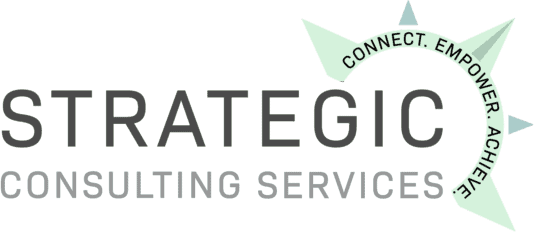The surgeon general, Dr. Vivek Murthy, presented a new Surgeon General’s Framework on October 20, 2022. The guide emphasizes the employer’s role in improving mental health and well-being for employees.
The COVID-19 pandemic affected the nature of employment for many people, especially with respect to worker safety and well-being.
With 160 million individuals working in the U.S. and the typical full-time worker spending half their waking lives at work, it’s obvious that the workplace shapes our mental and physical well-being.
Employers may increase their organizations’ performance by investing in their employees to reduce stress and fuel better employer-employee relationships.
Surgeon General Vivek Murthy said a healthy workforce is key if companies want to flourish. As we recover from the worst of the pandemic, we can use this framework to teach us how to rethink our methods for safeguarding employees while developing stronger connections and promoting employee and company progress.
Why This New Guideline is Important
Let’s take a further look at the data to see why this goal is important:
- According to surveys, 76% of U.S. employees reported at least one mental health symptom in 2021, up 17 percentage points in two years.
- About 80% of employees said they wanted to find jobs that emphasized stress reduction and mental-health friendly objectives.
- Approximately 85% of respondents revealed that their job contributed to negative mental health practices.
The Five Essentials for Better Mental Health in the Workplace
In the Surgeon General’s Framework for Mental Health, Dr. Murthy outlines Five Essentials for Workplace Mental Health and Well-Being. This framework will help organizations develop, institutionalize, and update policies, processes, and practices that support the mental health and well-being of all workers.
1. Workplace Safety
Creating physical and psychological safety is crucial for workplace mental health and well-being. Workplaces may encourage safer behaviors by:
- Placing an emphasis on physical and psychological safety in workplace settings
- Allowing for sufficient rest for employees
- Normalizing the focus on mental health
- Supporting Diversity, Equity, Inclusion, and Accessibility (DEIA) initiatives
2. Social Connections and Community Involvement
Promoting more social engagement in the workplace helps enforce:
- Inclusion
- Increased trust
- Added teamwork and collaboration
3. Work-Life Balance
Supporting a work-life balance in companies is crucial in doing the following:
- Increasing autonomy while working
- Offering regular and flexible working schedules
- Expanding paid leave time
- Respecting people’s work-life limitations
4. Employee Self-worth
Working people want to feel like their work matters. Employers can improve this feeling by:
- Paying a fair living wage
- Giving employees more opportunities in making decisions
- Creating a culture that rewards and appreciates employees
- Applauding individual efforts to support a company’s goals
5. Career and Organizational Growth
When companies give employees more chances to achieve company goals–based on progress and skills–employees feel more confident about contributing toward an organization’s expansion and growth. This can be realized through:
- Training, educating, and mentoring
- Transparent job descriptions
- Giving meaningful feedback
Conclusion
Basically, the Surgeon General’s Framework is a tool designed to assist the public understand and address mental health concerns in the workplace. This Framework outlines the “essentials” needed for company leaders to engage employees so they realize better mental health outcomes and increased growth. It contains evidence-based techniques that leaders may use to reinvent and revitalize their companies.
Strategic Consulting is Your Partner in Managing Workplace ADA Issues
Our team is here to help with your disabilities accommodation issues, vocational rehabilitation needs, ergonomic evaluations, and other employee needs.
For twenty years, we have been helping companies in the Pacific Northwest with worker injuries, disabilities, and other vocational challenges. We are here to support you in this unprecedented era of teleworking and WFM.
We have partnered and provided solutions to some of the largest companies in the world (such as Boeing, Microsoft, and Amazon). But, at our core, we are still “people taking care of people,” one project at a time. Our success is built upon and providing you the best solution to your workplace challenge. Contact us today by filling out a form (below), submitting a referral, or visiting our ‘Contact Us‘ page to find your nearest office.
Ric has been working in the industry since 2002, specializing in developing employer jobsite analysis and light duty programs, ergonomics consultations and adjustments, disability accommodations and providing effective return to work solutions. Ric is Matheson trained in Ergonomics and is a Certified Ergonomics Evaluation Specialist. He earned a Bachelor of Arts Degree in Psychology from Western Washington University and later his Master’s Degree, M.Ed., Education Counseling from Seattle Pacific University. Ric is currently a Registered Vocational Rehabilitation Counselor for the Department of Labor and Industries and has been a Certified Disability Manager Specialist since 2006.

